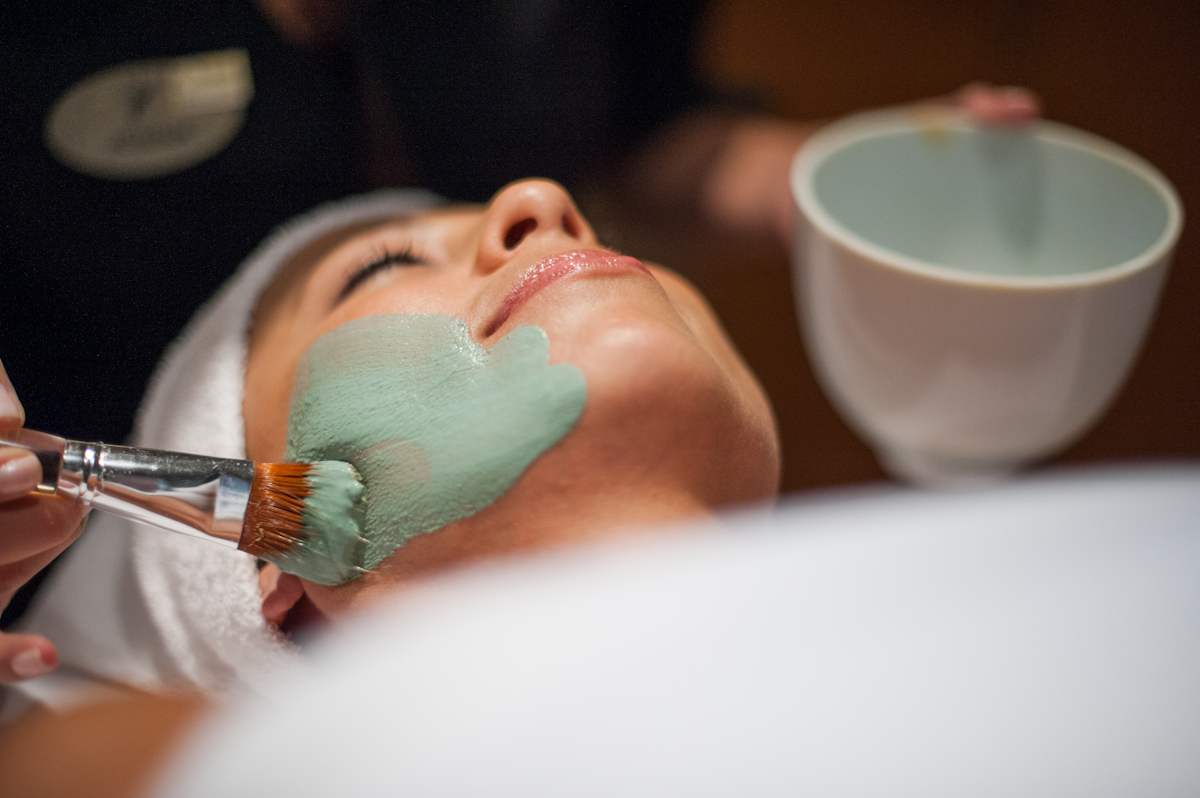Sustainability is often defined as the ability to safely care for our planet and cause as little damage to the environment as possible. The growing practice of sustainability has been adopted in almost all types of industries and finally made its way through to the world of skincare once consumers realized how much brands and manufacturers were contributing to waste. Plastic packaging alone has accounted for at least 70% of the beauty industry’s waste and just in the United States 7.9 billion units of rigid plastic were created for the cosmetic industry (as of 2022). Other sources of waste, like expired and returned products, formula tests and unused products in customer homes, are much harder to track but contribute to the overall climb in numbers.
With consumers caring more about environmental health there’s also been a recent shift towards clean skincare and beauty brands, especially as more and more consumers attempt to adopt zero waste lifestyles. Products that contain ingredients like parabens, phthalates, oxybenzone, and synthetic fragrances are being addressed more frequently for the negative impact they’ve had on the environment and the body. Clean beauty brands, creating products without synthetic chemicals that can harm your skin and body, are growing in popularity and are becoming easier to access in local drugstores. Similarly, a rise in natural skincare, which focuses on using ingredients that can be found in nature, and natural home remedies have emerged as consumers are trusting products with simpler ingredients to protect their skin and overall health.
Another wave in the beauty industry that addresses sustainable skincare is the fairly newer concept of personalized products. Many brands have gained major friction in the beauty industry by offering products that are custom-made for the individual, as opposed to mass producing the same product that will often end up in the garbage if it doesn’t have the desired results. By offering at-home tests, online surveys or consultations that can easily be done from the comfort of one’s home, these personalized companies are significantly reducing waste by delivering a product that is specifically tailored to their clients’ needs. This customized shopping experience also eliminates the product waste that comes from items being overproduced and sitting on shelves past expiration dates.
Practicing sustainability in the beauty and skincare world translates to creating more recyclable packaging, using more eco-friendly ingredients, reducing single-use plastics and making more informed choices. Recent studies have shown that the majority of consumers are making a conscious effort to choose environmentally-friendly products and are willing to pay higher prices for eco-friendly brands. This change in consumerism is in turn prompting a major shift for big-name companies to begin enforcing better practices and is paving the way for an exciting, new generation in the beauty and skincare industry.




